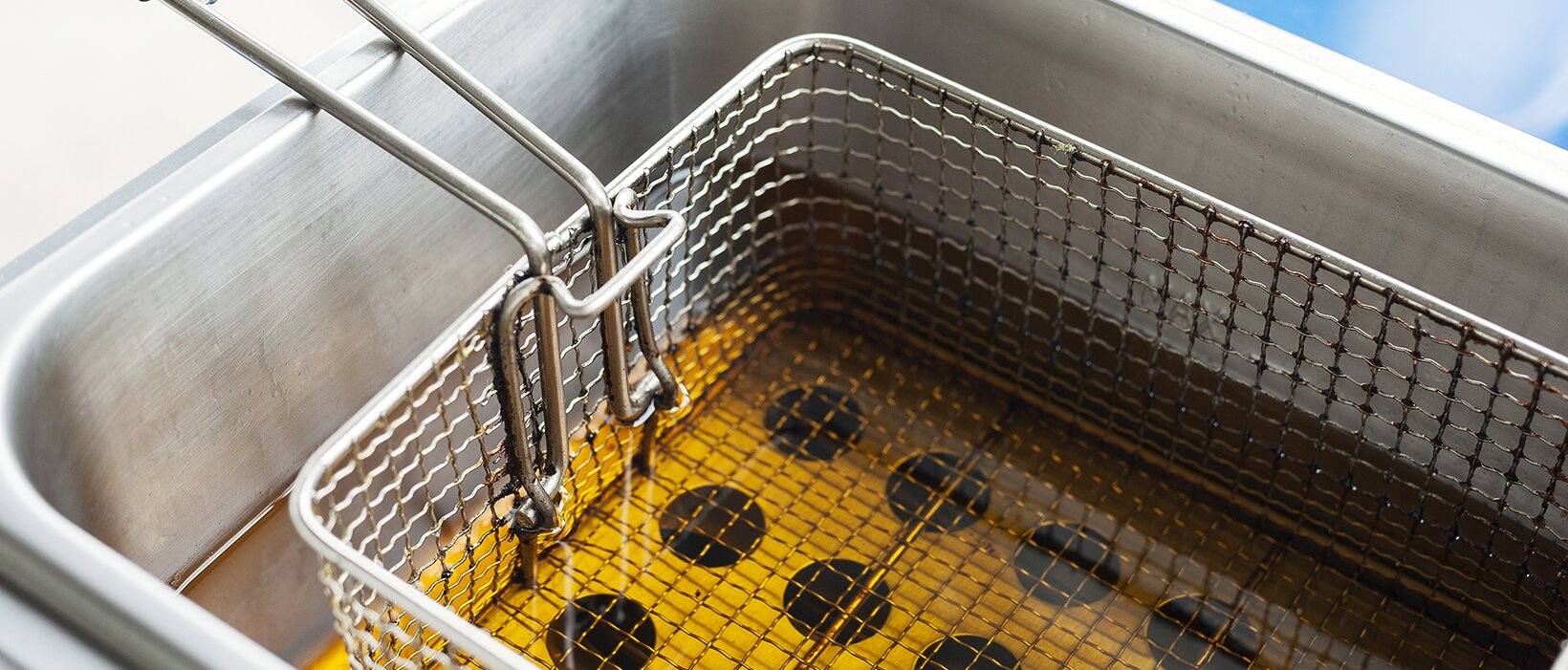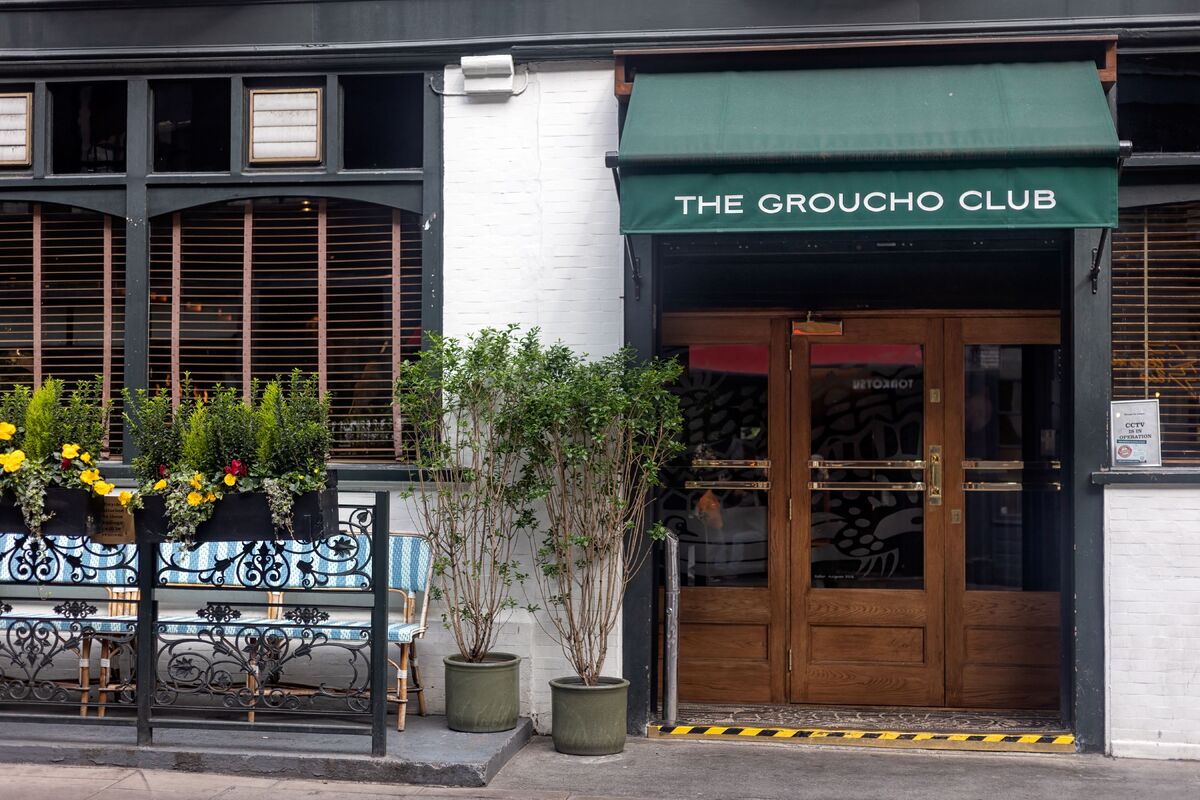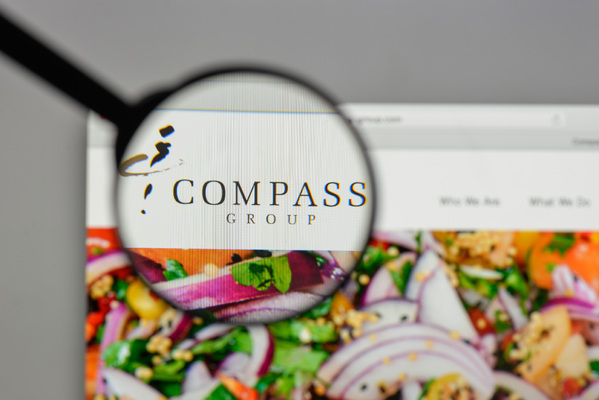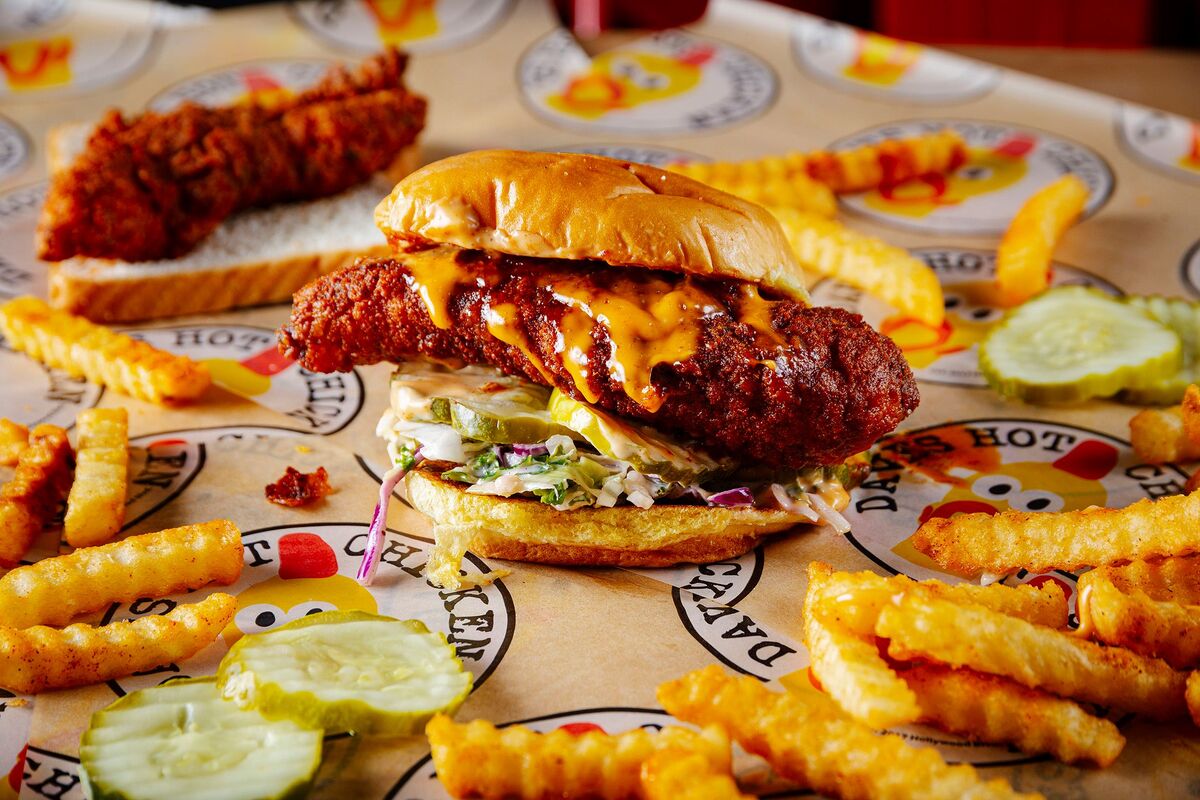How to remain vigilant against cooking oil fraud
As the cost of cooking oil rises, make sure you don’t get ripped off by finding a cut-price supplier with adulterated wares, says Jackie Healing
Unknowingly and with the best intentions, many businesses could be putting themselves at risk of adulterated cooking oil making its way into their supply chain. Sunflower oil shortages are starting to affect
British businesses.
With the wholesale price rising more than 1,000%, many have started looking for alternative suppliers. In 2021, Europol reported cooking oil being one of the topmost fraudulent food products seized, which suggests there has never been a higher risk of bad actors operating economically motivated adulteration. The consequences of adulterated oil can be severe, depending on what it’s mixed or replaced with. This is not only reputationally damaging and a breach of labelling regulations, but a public health risk in the case of nut oils. Thankfully, that is rare. The most common adulterant or intentional substitution is rapeseed oil, as it possesses many of the same characteristics, so it is less likely to raise suspicion when in use.
Substitutions bring with them the risk of substandard quality and contamination challenges, including the presence of unwanted GM material or mycotoxins.
Here are three ways businesses can protect themselves against cooking oil fraud.
Know your supply chain
Having knowledge and control of your supply chain is the most effective way to minimise risk. Ensure that you or your suppliers have audited the supply chain back to the field if possible or, as a minimum, back to the refinery. That’s not often possible for smaller businesses, but there are steps they can take to protect themselves, such as purchasing oils processed by SCOPA (UK) or FEDIOL (EU) member companies to give some assurance.
Shop around safely
Review the market to see if alternate suppliers can fulfil your needs or if alternate less ‘at risk’ oils can be used subject to the required quality checks and labelling requirements.
Ensure that current and potential new suppliers are adequately assessed and, wherever possible, hold GFSI certification as a minimum standard. Carefully review all supplied and alternate raw material specifications and be cognisant of countries of origin. Countries with less established food safety frameworks or regulations can pose a greater risk. Oil refineries using on-site analytical laboratories may only operate under ISO9000 instead of ISO17025, especially in the EU.
Test your oil
Ensure all receipts of oils are subjected to appropriate intake quality control checks, including sensory and analytical testing, and ideally ensure that a chemical certificate of analysis accompanies all purchases and deliveries. It’s advisable to thoroughly review your traceability systems to ensure that they are fit for purpose at this time of increased risk. As necessary, use the Plan-Do-Check-Act cycle.
If this isn’t feasible, for example, if you purchase your oil from a cash and carry, consider sending a sample of the oil for testing. If you do suspect your oil is adulterated, the only reliable check is through testing at a suitably certified analytical food chemistry laboratory operating under ISO17025. They will forensically determine the presence of erucic acid and brassicasterol, neither of which occur naturally in sunflower seed oil.
Be vigilant about all your ingredients
Economic and social changes in markets can affect the substitution risk profile of any ingredient you might purchase.
The key to understanding and managing this risk is to have up-to-date awareness of the various market forces affecting ingredients and their availability. Not all adulteration may be directly economically motivated. As ingredients become in short supply, manufacturers may make local substitution decisions to keep the supply available.
Remember, there is no substitute for a thorough risk-assessed approach to managing this challenge with a complete and detailed understanding of your supply chains.
Jackie Healing is the director of consulting and technical services at NSF
















